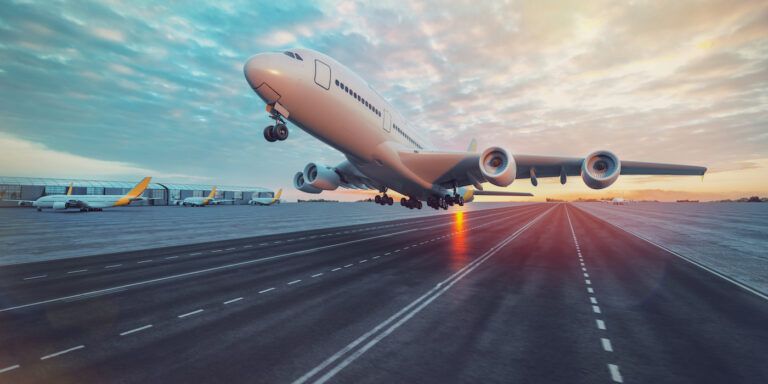The effect of the coronavirus situation on aviation is particularly acute as many countries have severely restricted travel – international travel in particular. The first priority in aviation is always safety, and that includes the health of populations and people who work in the industry, so we have no complaint about the restrictions.
However, aviation can continue to help in meeting the emergency situation, by providing connectivity for essential travel and, vitally, as part of the supply chain for essential goods. Air freight is generally not included in the restrictions, but most air freight is carried in aircraft that usually also carry passengers. It is essential, therefore, that governments and regulatory authorities demonstrate flexibility in order to ensure the continued flow of this essential cargo, and do all in their power to ensure that the economic consequences of the restrictions are minimised.
The current situation is temporary, and will be resolved in time. Aviation is an essential part of the world economy and social structure and, once the emergency is passed, demand will return. There will be casualties in the meantime, in terms of businesses and jobs and, most importantly, people, but aviation is a very flexible and adaptable sector and will be able to restart much of its activity.
Aviation is also changing rapidly to meet 2050 Net Zero targets. The best way to ensure that UK aviation can fully contribute to the post-coronavirus recovery period is for the UK Government to publish an aviation strategy which delivers a robust system for a global nation.
Past experience shows that aviation responds rapidly to events and is able to adapt and, indeed, is spurred into technological and business innovation by such events. Aviation has a great future and will contribute to the resolution of the current situation.
Paul Le Blond is chairman of the Aviation Policy Group at CILT (the Chartered Institute of Logistics and Transport). CILT is an independent international professional body for individuals and companies associated with logistics and transport. It has over 33,000 members in over 31 countries worldwide.





